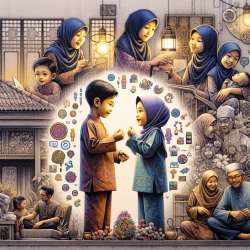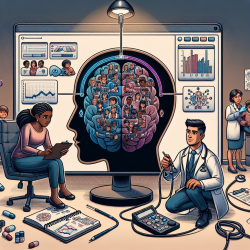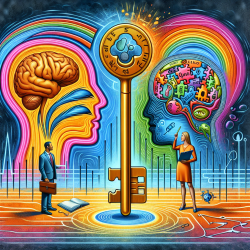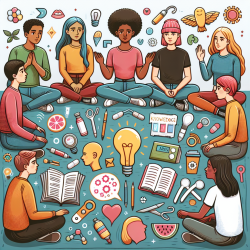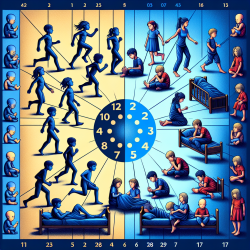The journey of siblings growing up with a brother or sister diagnosed with Autism Spectrum Disorder (ASD) is often filled with unique challenges and emotional complexities. A recent study titled "Sometimes I Feel Grateful…”: Experiences of the Adolescent Siblings of Children with Autism Spectrum Disorder in Malaysia sheds light on these experiences. This research provides valuable insights for practitioners aiming to improve their skills and support families more effectively.
The Emotional Landscape of Sibling Relationships
The study reveals that adolescent siblings of children with ASD often encounter communication difficulties, which can lead to emotional turmoil. These siblings report a mix of emotions, including anger, sadness, and guilt. Despite these challenges, many siblings also express feelings of gratitude and closeness towards their siblings with ASD.
Practitioners can use these findings to develop targeted interventions that address both the emotional and communicative needs of these siblings. By understanding the emotional landscape, therapists can offer better support systems that foster positive sibling relationships.
Communication Challenges and Coping Strategies
Communication breakdowns are a common issue faced by siblings of children with ASD. The study highlights that many siblings struggle to understand their brother or sister's needs, leading to frustration and ineffective interactions. However, some siblings have developed strategies such as using familiar words or repeating instructions to improve communication.
For practitioners, this underscores the importance of training both children with ASD and their typically developing (TD) siblings in effective communication techniques. By involving TD siblings in therapy sessions, they can learn valuable skills that enhance their ability to interact positively with their siblings.
The Role of Family Systems Theory
The study emphasizes the significance of Family Systems Theory in understanding sibling dynamics within families affected by ASD. This theory suggests that all family members influence each other’s experiences and well-being. Practitioners should adopt a holistic approach when working with families, considering the interconnectedness of family relationships.
By viewing the family as a whole system rather than focusing solely on parent-child interactions, therapists can provide more comprehensive support that benefits all family members.
Encouraging Further Research
This study opens the door for further research into the experiences of siblings of children with ASD in different cultural contexts. Understanding how cultural beliefs and values impact sibling relationships can help practitioners tailor interventions to meet the specific needs of diverse families.
Practitioners are encouraged to explore additional research opportunities that delve deeper into the coping mechanisms and emotional resilience of these siblings. Such studies can provide valuable insights that enhance therapeutic practices and improve outcomes for families dealing with ASD.
Conclusion
The experiences of adolescent siblings of children with ASD offer crucial lessons for practitioners seeking to support families more effectively. By understanding the emotional and communicative challenges faced by these siblings, therapists can develop targeted interventions that foster positive sibling relationships and improve overall family dynamics.
To read the original research paper, please follow this link: “Sometimes I Feel Grateful…”: Experiences of the Adolescent Siblings of Children with Autism Spectrum Disorder in Malaysia.
